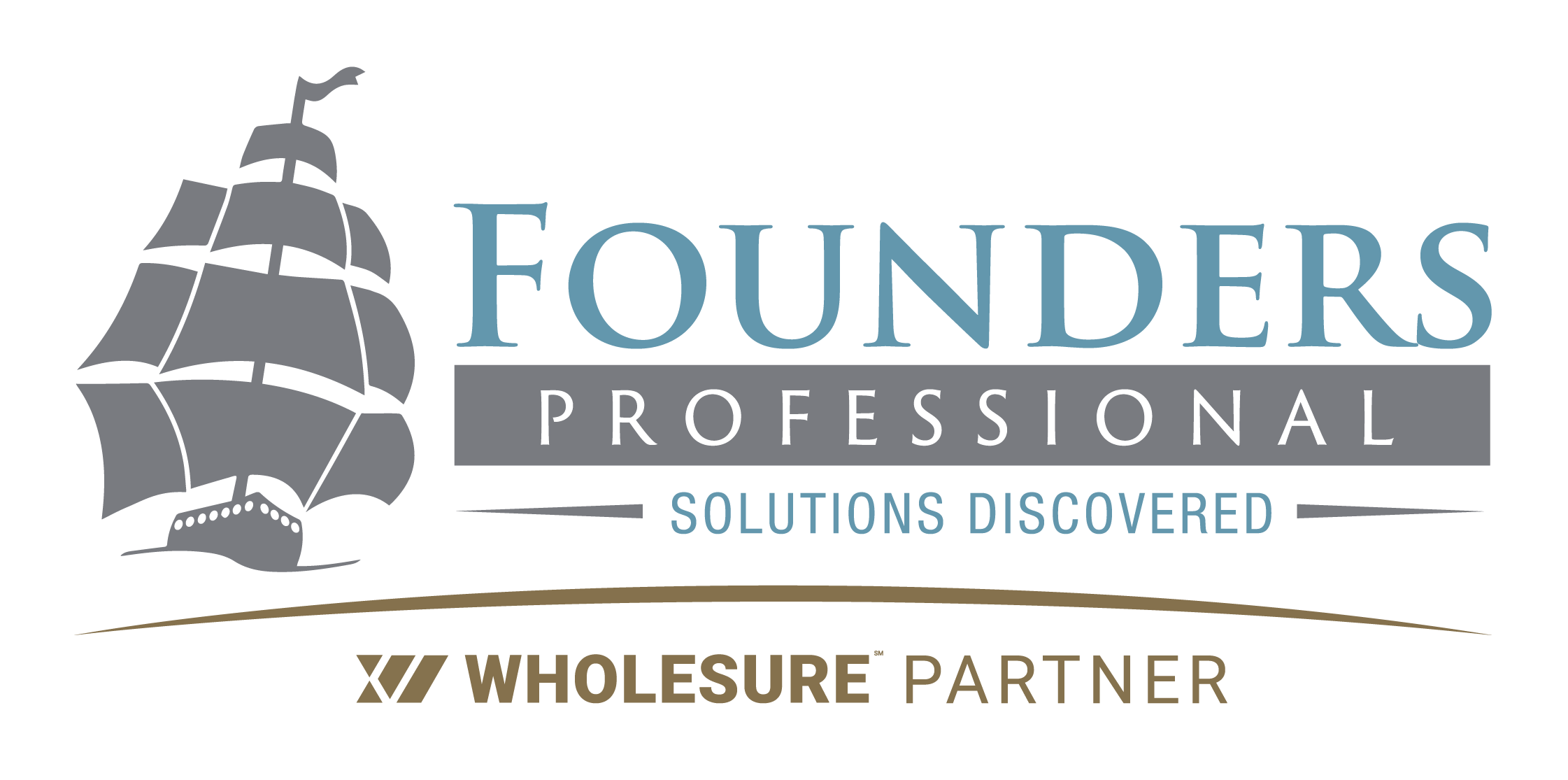Why are Premiums Going Up?
March 2020
A private company, with no claims history and no cannabis or crypto currency exposure, gets their management liability renewal quote and the premium is up 20%. The CFO says, “Our company is the same as it was a year ago, why did my premium increase?”
The current premium increases for public company Directors & Officers (D&O) insurance are easy to see and understand for two reasons. First, premiums had been deflated for over a decade, at a time when frequency and severity of security claims were increasing. Second, the Supreme Court’s March 2018 ruling, that states have as much jurisdiction in claims under The Securities Act of 1933, has greatly increased the exposure of D&Os at companies that are in process of an IPO or have recently gone public.
The increase in management liability premiums for private companies is a little harder to see due to private companies having no public securities exposure and many of the major shareholders are on or have representation on the board of directors.
Until a month ago, the two main factors for private company management liability premium increases were employment practice claims and increase in cyber exposures. As of March of 2020, there is now a third factor – The Coronavirus or COVID-19.
Risk Factor Number One – Employment Practices Claims
Employment practice claims have increased steadily since 2017’s #MeToo movement drastically changed the employment landscape. Claim frequency has spiked in the last two years since. The EEOC received 7,514 sexual harassment charges in 2019, up 12% from 2017. These are only reported charges and do not include an unknown number of complaints settled by victims who never contacted the EEOC. Claim severity has also spiked since 2017. EEOC monetary benefits were $68 million in 2019, which is a 48% increase from monetary benefits reported in 2017.
Risk Factor Number Two – Increased Cyber Exposures
Cyber risks have also increased D&O exposures as management is responsible for keeping the company in compliance with changing data protection laws. To that point, cyber risks are a major concern for companies and the carriers that insure them. A D&O claim can be triggered if management is not in compliance with regulatory laws and the fines impact the company’s profitability. Also, D&Os can be sued if they fail to purchase cyber liability insurance, have a breach, and the expenses dealing with the breach affect profitability.
Two significant regulations that companies need to adhere to are the EU General Data Protection Regulation (EU- GDPR) and the California Consumer Privacy Act (CCPA). Both regulations were enacted to protect consumers’ personal data. The regulations apply to all companies that sell goods or services to individuals in the EU or California and personal data is exchanged. This is not just for companies domiciled in the EU or California. It applies to any company, located anywhere, with customers in the EU and California.
The CCPA allows companies 30 days to comply with the law once regulators notify them of a violation. If the issue isn’t resolved fines can range from $2,500 per record for a non-intentional violation to $7,500 per record for an intentional violation.
The EU-GDPR lower level penalties can be €10 million or 2% of the violator’s worldwide annual revenue, whichever is higher. High level or more serious violations can result in penalties of €20 million, or 4% of the violator’s worldwide annual revenue.
Risk Factor Number Three – The Coronavirus or COVID-19
As the coronavirus cases continue to grow in the US, the direct economic effect to companies has been devastating. If a company’s sales have been cut in half or more, then shareholders will probably sue the D&O’s for downplaying the coronavirus’ potential effect on the company’s future earnings. Norwegian Cruise Lines was served with a shareholder class action on March 12, 2020. The basis of the claim was a February 20, 2020 press release the company stated that they have “an exemplary track record of demonstrating its resilience in challenging environments” and that the company has “proactively implemented several preventive measures to reduce potential exposure and transmission of COVID-19.” This is the first known D&O claim as a direct result of the coronavirus, but many are expected to follow.
At the beginning of the article I reiterate a common question that many companies are asking regarding their management liability renewals. These issues are complex, but the answer to the question is straight forward: Even though a company’s internal risk exposures have not changed, management liability premiums can increase due to multiple, external factors that are out of an insured’s control.
About the author
Dan Vecchio is the Management Liability Practice Leader for Founders Professional. Dan helps retail insurance agents, across the Country, to place their distressed management liability insurance risks for businesses of all sizes across a multitude of industries.
Have questions about this topic or interested in securing quotes? Contact Dan Vecchio.

